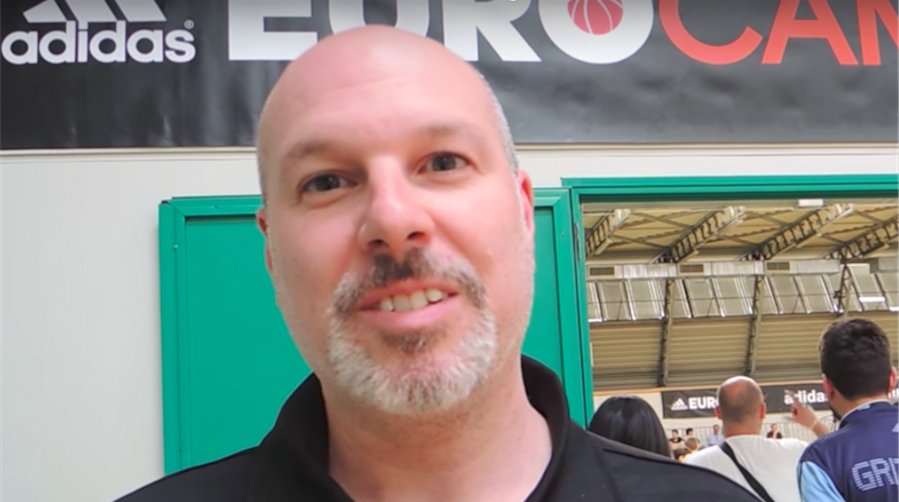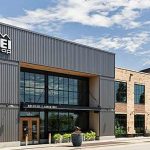The first trial tied to the FBI’s investigation into corruption throughout college basketball started on Tuesday. A lawyer representing James Gatto, Adidas’ former director of global sports marketing, asserted that her client’s payments to the families of top high school basketball players violated NCAA rules, but those rules “are not the laws of this country.”
“NCAA rules were broken,” attorney Casey Donnelly told the jury in lower Manhattan, according to ESPN. “We are not going to waste your time pretending these families did not get funds.”
The government contends the three defendants, also including fellow Adidas employee Merl Code and business manager Christian Dawkins, defrauded multiple universities with the payments to the recruits. Donnelly alleges Gatto was making the payments at request of universities and was ultimately helping the schools drive revenue.
The attorney said Gatto’s orchestration of a $100,000 payment to send five-star prospect Brian Bowen to Louisville was a way to “level the playing field” for Adidas in securing recruits, according to the Wall Street Journal. The payment to Brian Bowen’s father, Brian Bowen Sr., came only after Nike-sponsored Oregon offered the recruit an “astronomical amount of money” to sign with the Ducks, Donnelly stated.
In a statement Tuesday night, Oregon said, in part: “To date, the University of Oregon has not been contacted by the federal government or any other party involved in these proceedings. We take the claim seriously and will monitor the court proceedings closely for any other details.”
The attorneys also argued that Gatto, Code and Dawkins schemed to pay Nassir Little’s family $150,000 to attend Miami but only after Arizona, a Nike school, offered Little the same amount to play for the Wildcats. Little, a projected 2019 lottery pick, is expected to play for North Carolina this season.
The defense further said on Tuesday that Under Armour paid $20,000 to encourage Silvio De Sousa to play for Maryland. The recruit wound up at Kansas, an Adidas school.
Gatto, Code and Dawkins are each charged with one count of wire fraud and one count of conspiracy to commit wire fraud involving the recruitment of Bowen. Gatto also faces another wire-fraud charge for the Kansas dealings.
Overall, Gatto has admitted to:
- Agreeing to send $100,000 to the family of top 2017 recruit Brian Bowen to exchange for Bowen enrolling in Louisville.
- Paying $40,000 to the family of Dennis Smith Jr. while Smith was playing at North Carolina State. (He is now with the Dallas Mavericks in the NBA).
- Paying $20,000 to recruit Silvio De Sousa, who attends Kansas.
The prosecution is arguing Gatto defrauded multiple schools by committing NCAA violations that made student athletes ineligible under NCAA bylaws. The Department of Justice sees the crimes as federal in nature, because money was conspired to be delivered across state lines. In his opening remarks, Assistant U.S. Attorney Eli Mark pointed to fake invoices, secret second phones and cash handoffs behind the scheme that would amount as evidence of wire fraud and conspiracy.
“This is what corruption in college basketball looks like,” Mark told the jury, according to ESPN. He added, according Courthouse News, “They wanted to profit off of the young player’s talent.”
This is the first of three scheduled federal trials pertaining to the college basketball corruption scandal.
The scandal ended the career of Hall of Fame coach Rick Pitino and led to the arrests of four prominent assistant coaches and six others—including Gatto and Code—on charges they paid or accepted money to steer prep players to certain universities. The case has also raised broader questions about the outsized influence that athletic footwear companies wield in amateur sports.













